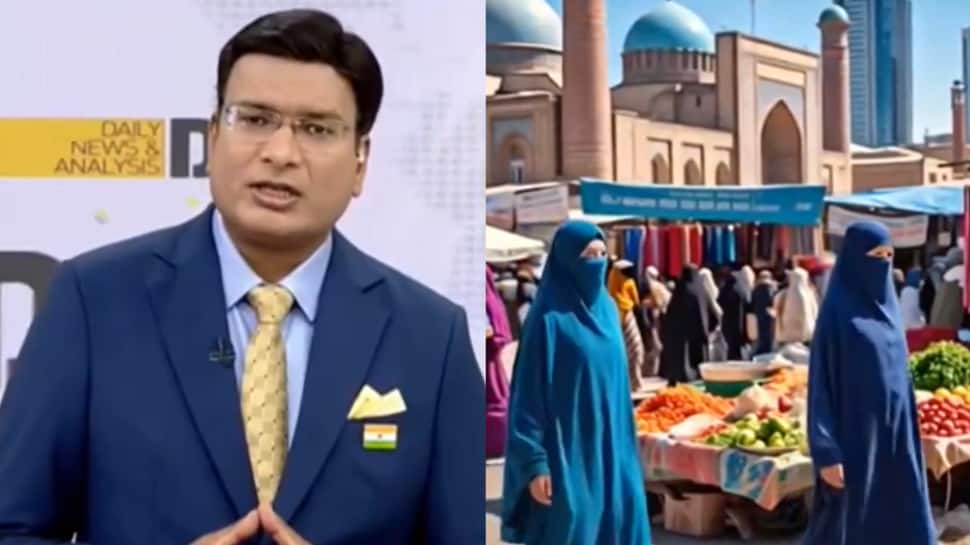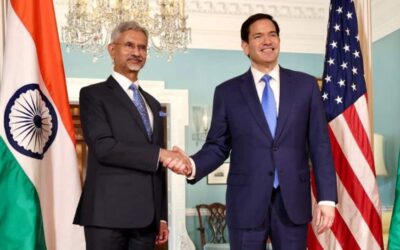THIS Muslim-Majority Nation Bans Hijab, Burqa – Know Why? | DNA Explainer | World News

In a significant move, Kazakhstan, a Muslim-majority country where over 70% of the population follows Islam, has officially banned the wearing of the hijab, niqab, and burqa. The decision has drawn attention globally, particularly in the context of rising religious conservatism in several parts of the Muslim world.
The Kazakh government stated that such clothing obstructs facial recognition technology, which is increasingly used in public spaces like airports, ports, and crowded areas to identify suspects. Additionally, the use of AI-driven facial recognition systems is critical for national security, and garments that conceal the face pose a challenge to these systems. In today’s DNA, Rahul Sinha, Managing Editor of Zee News, analysed the ban on hijab and burqa in Kazakhstan:
Watch Full DNA Episode Here:
#DNAWithRahulSinha | मुस्लिम बहुल देश में क्यों लगा बुर्के पर बैन… क्या हिजाब, बुर्का सुरक्षा के लिए खतरा है ?
‘मुस्लिम देश’ में हिजाब बैन का विश्लेषण#DNA #HijabBan #Kazakhstan @RahulSinhaTV pic.twitter.com/KZ12sjIChD
— Zee News (@ZeeNews) July 1, 2025
The government has further emphasized promoting Kazakhstan’s cultural attire over garments like the burqa and niqab, positioning the move as part of a broader effort to reinforce national identity.
Though officially framed as a security measure, President Kassym-Jomart Tokayev’s government is attempting to curb the spread of radical ideologies within the country.
The move comes against the backdrop of a surge in extremist influence across Central Asia around 2015, when several youth from the region reportedly joined the Islamic State, raising concerns about threats to democracy and liberal values.
Kazakhstan has joined a growing list of Central Asian nations taking a firm stance on religious attire associated with extremism. In 2017, Tajikistan officially banned garments that obscure the face. In 2023, Uzbekistan imposed similar restrictions in public spaces. Most recently, in December, Kyrgyzstan barred Islamic dress influenced by Arabic culture.
The trend is not limited to Central Asia. Muslim-majority nations such as Egypt, Syria, Tunisia, Algeria, and Morocco have also implemented restrictions on hijab, burqa, or niqab in various forms, citing reasons ranging from national security to preserving secular governance.
While each government presents a different rationale, the underlying intent remains similar: to regulate religious symbols perceived as potential threats to public safety or drivers of extremism.
The decision has also prompted reflection in countries like India, a secular nation, where any debate on banning hijab or burqa often triggers intense public and political reactions.





